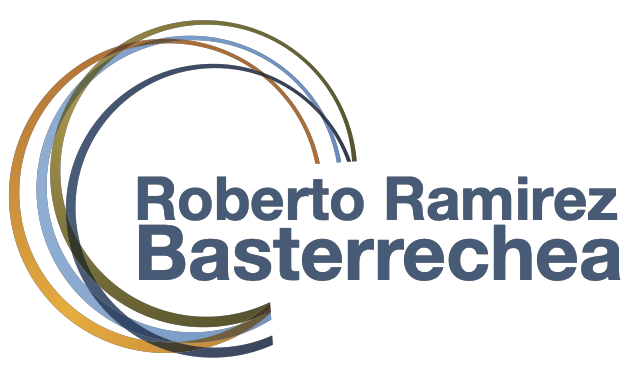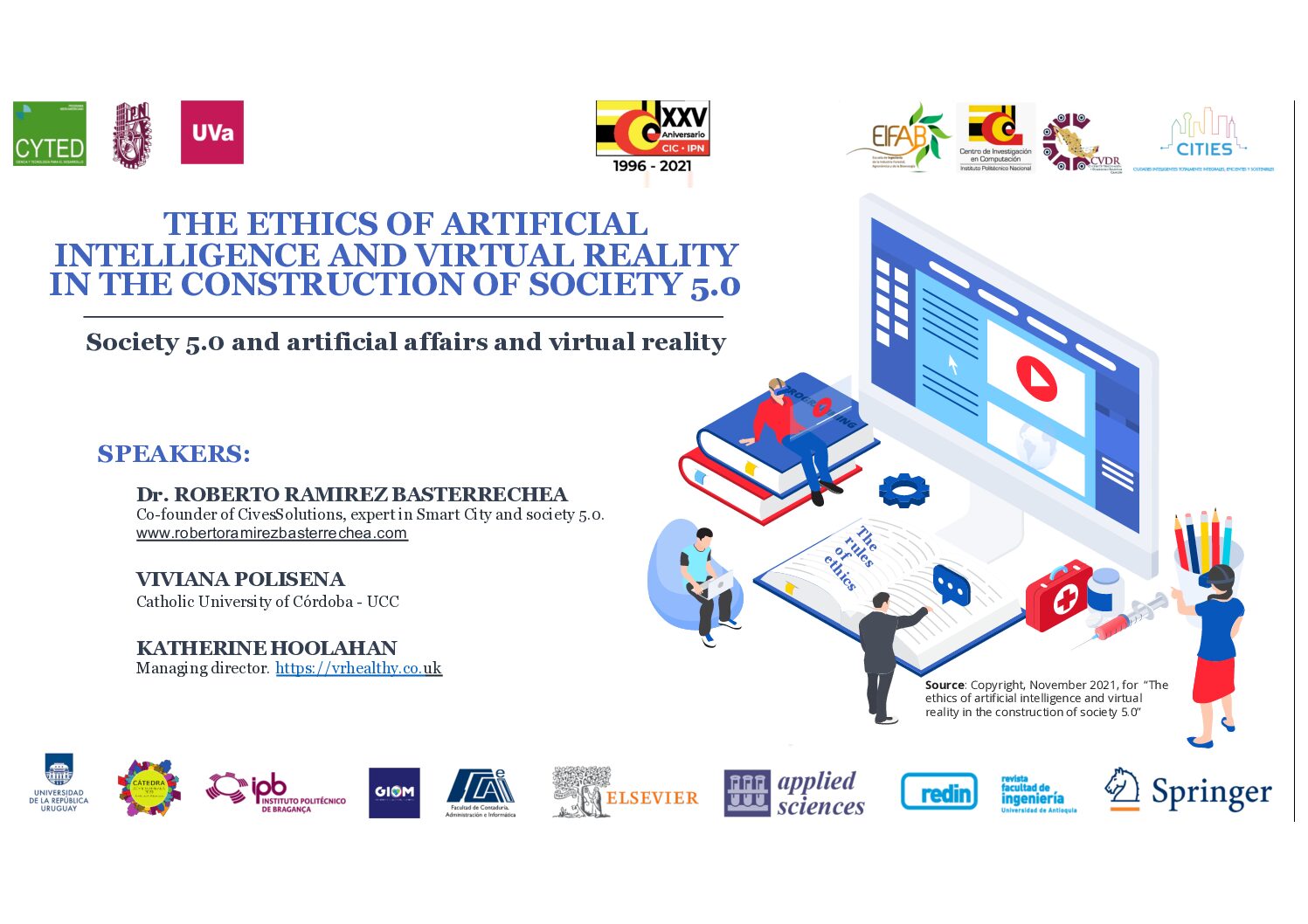Keywords
Ethical governance; Artificial intelligence; Virtual reality; Society 5.0.
Abstract
Developing ethical axioms for the governance of Society 5.0 is one of our greatest challenges, because we are not only laying the foundations for fu-tureethics but we are building the new society. Correctly integrating the da-ta is part of this edification, since a correct interaction will avoid an im-mensenetwork of falsehoods and their consequent bad decision-making that will affect present and future public affairs. We are proposing an ethical integration of data so that a global sus-tainable collaborative governance of public affairs emerges that encom-passes insights from economics and organizational behavior psychology to generate common decisions. This document attempts to explore the potential of AI and VR for the transition to the artificial and establishes a set of ethical principles to help governments to scale AI and VR technology in a fast, safe and fair way.
1. Introduction
In this paper we will present three fundamental ethical principles to take into account when building and putting into practice new integrated technologies, focusing specifi-cally on the ethical impact of artificial intelligence (AI) and virtual reality (VR) in Society 5.0. The explosion of society 5.0 has begun, it is time to reflect on the ethics that will regulate new technologies in education, science and culture. We propose that the ethics of artificial intelligence be based on three fundamental principles: (1) The artificial must sustain human life; (2) The artificial must respect human free will; (3) The artificial must promote development and human progress.
2. The ethical for the Development of the artificial
The same elements and techniques that power the socio-economic benefits of AI can also bring about new risks for individuals or the society. Developing ethical axioms for the governance of Society 5.0 is one of our greatest challenges. The manipulated information lays down ethical axioms with social values that are transformed as a result of the latent threats existing in social networks; because we are not only laying the foundations of the future ethics but we are building the new society. For artificial and the virtual world to flourish, a well-connected and ethically integrated data set is needed. We are proposing an ethical integration of the artificial so that a global sustainable collaborative governance, that encompasses insights from economics and organizational behavior psychology to generate common decisions. The objective is that the artificial and the virtual collaborate with the proper functioning of human life.
3. Ethics of the artificial in Society 5.0
Our starting assumptions in an ethical society 5.0, are developed in the close connection between society, technology and governance, since all of them are part of the processes of innovation and cultural transformation, for which people need to incorporate a set of values and principles that contribute to an ethically committed management with society and the environment. Within the new ethical-system we find key requirements that artificial systems must meet to be considered reliable: human agency and supervision; technical robustness and safety; privacy and data governance; transparency; diversity, non-discrimination and equity; social and environmental well-being; and accountability.
4. The ethical in the use of virtual reality as a motor of our brain activity
The promises of the “connected world”, a programmable world with the ubiquitous internet and sensors in all kinds of objects that behave in a coordinated way with us, are immeasurable; also, the opportunities to innovate and improve countless everyday issues, but the promises of the programmable and connected world, which constitutes the new context, arouses as much hope as suspicion. At what point do the benefits outweigh the risks and who is to make that decision? There is an argument for parents to be allowed to make that decision, however if parents are not provided with the appropriate information to make an informed decision, this could end up with harm coming to the child.
4. Conclusions
We consider that our proposal of basic principles or ethical axioms for the governance of Society 5.0 is one of our greatest challenges, because we are not only laying the foundations for future ethics but we are building the new society; Therefore, these principles must be included in any treaty or Law on Artificial Intelligence and Virtual Reality and must become the world standard to be effective, taking into account the potential impacts of said applications.

